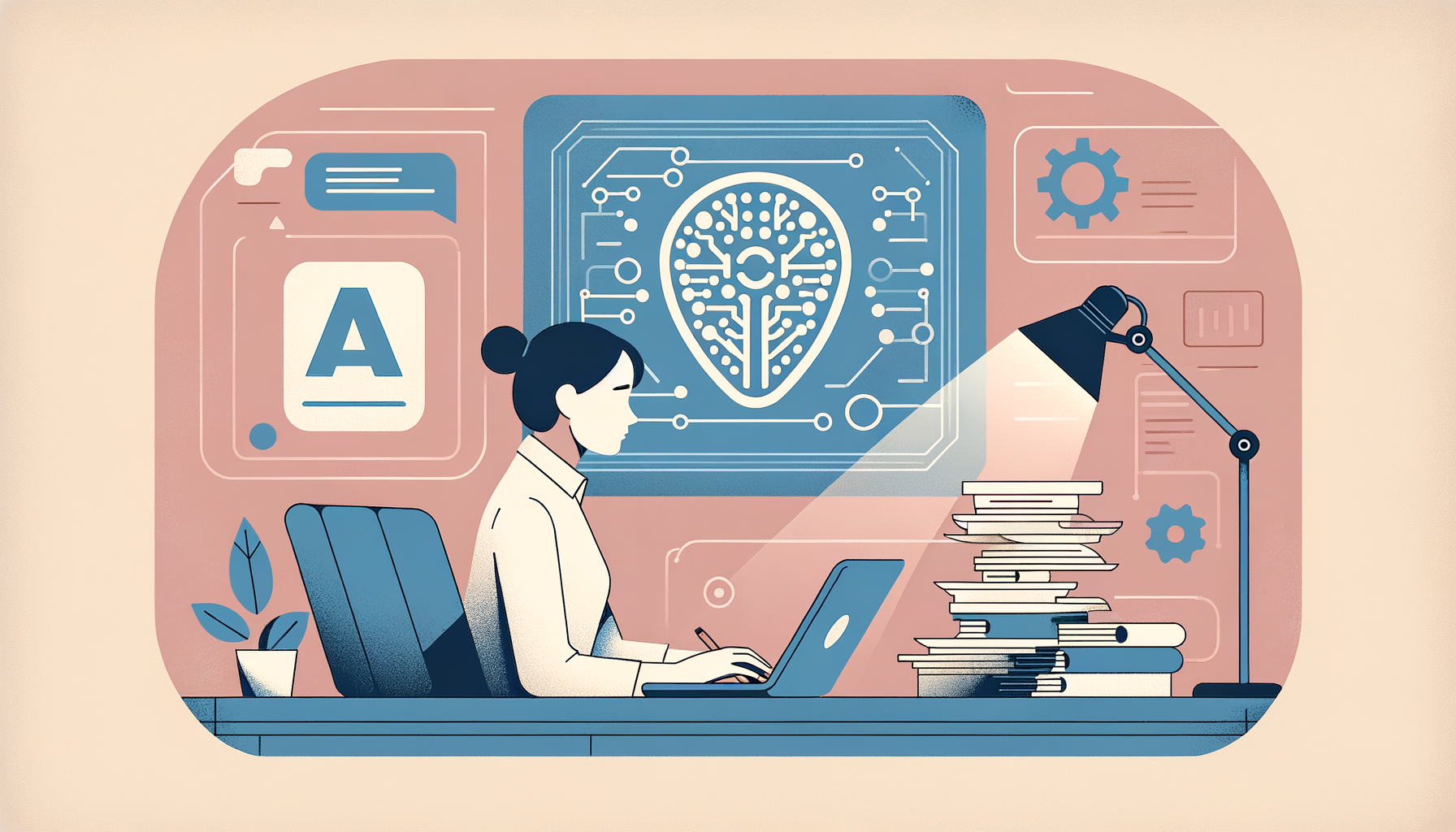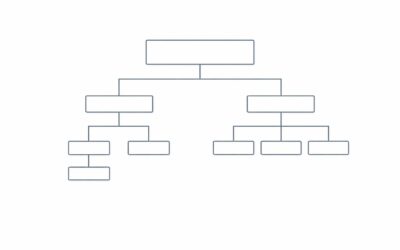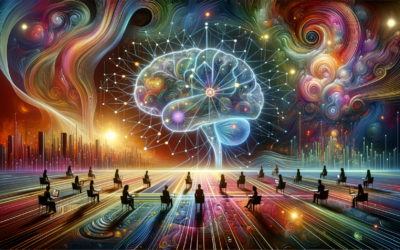Why your diploma might no longer secure your career and how artificial intelligence is revolutionizing hiring trends across global industries.
The job market is undergoing a seismic transformation, where traditional academic credentials are quickly losing ground to real-world skills, and AI-driven tools are replacing not just jobs, but entire career paths. As AI adoption accelerates, both employers and employees must rethink their approach to recruitment, skills development, and long-term professional growth.
📜 Topics included in this post
How Gen Z is navigating a less degree-centric job market
The decline in university enrollment and its implications
AI’s growing role in replacing traditional roles in companies
Strategies to stay competitive in an AI-driven workplace
The global demographic shift impacting workforce dynamics
Access the full article by clicking the button below…
Gone are the days when a college degree guaranteed career success. Today, data reveals that unemployment among recent graduates aged 22-27 has hit 5.3%, the highest in two years. This figure, more than double that of older graduates, underscores a challenging reality for young professionals in the post-pandemic workforce.
What’s more, only 17.6% of job postings now require a bachelor’s degree, down significantly from pre-pandemic levels. This signals a declining emphasis on traditional education, prompting questions about the future value of university degrees.
Despite these challenges, Gen Z is expected to comprise 27% of the global workforce by next year. However, the competition is fiercer than ever as companies increasingly value practical skills over academic qualifications. This shift has also impacted university enrollments, with freshman admissions down over 6% compared to last year.
Artificial intelligence is no longer a future consideration—it’s here, and it’s reshaping the workforce. Companies like Klarna and Duolingo have already begun replacing roles with AI, with Klarna’s CEO revealing that the company hasn’t hired new employees in a year. Similarly, Dell replaced over 12,000 employees with AI-powered solutions in 2024.
The allure of AI lies in its efficiency. Unlike human employees, AI systems can operate 24/7, manage large datasets, and perform tasks with unparalleled speed and accuracy. For tech-driven industries, this translates to cost savings and streamlined operations, but it also raises ethical and social concerns about widespread job displacement.
According to a recent study, 70% of companies plan to integrate AI into their daily operations by 2030. Over the next three years, organizations expect 20% of their workforce to be proficient in AI tools and technologies. Professionals who can leverage AI to enhance productivity and innovation will hold a competitive edge in this rapidly evolving job market.
With companies emphasizing practical skills, individuals must prioritize continuous learning and upskilling. Certifications in AI, data analytics, and digital marketing are increasingly valued, offering a viable alternative to traditional four-year degrees.
AI’s rise coincides with significant demographic changes, particularly in Europe, where the Economically Active Population (EAP) is shrinking. In Brazil, projections show that by 2040, the elderly population will outnumber children for the first time in history, further influencing labor market dynamics.
The future of work is being reshaped by AI and a diminishing reliance on diplomas. For job seekers and professionals, adaptability is key. Investing in practical skills and staying informed about industry trends will be crucial to navigating this transformation successfully.
3 AI business ideas related to this topic
|
Check out 3 interesting AI business about AI vs Diplomas.
|
Learn more about AI vs Diplomas with the in-depth prompt
|
Use AI to learn more about AI vs Diplomas? Just copy and paste the prompt below into ChatGPT or another AI of your choice.
|









0 Comments